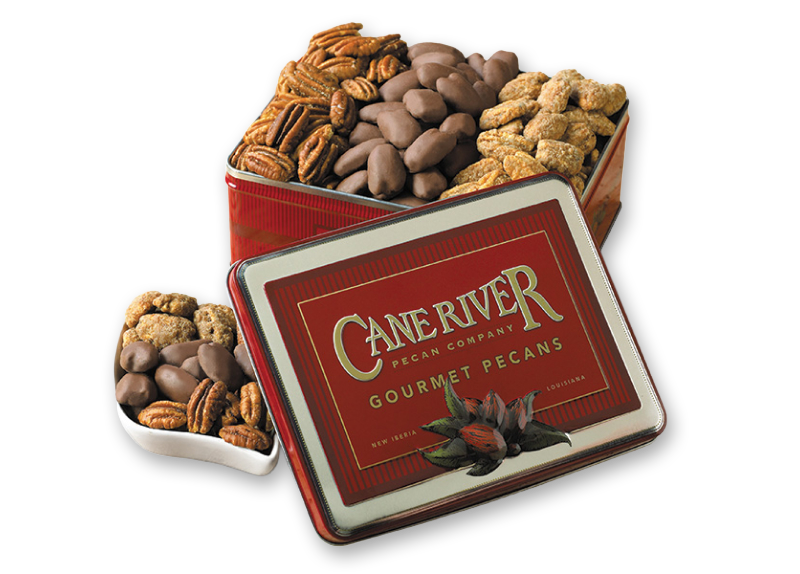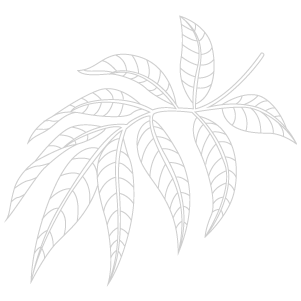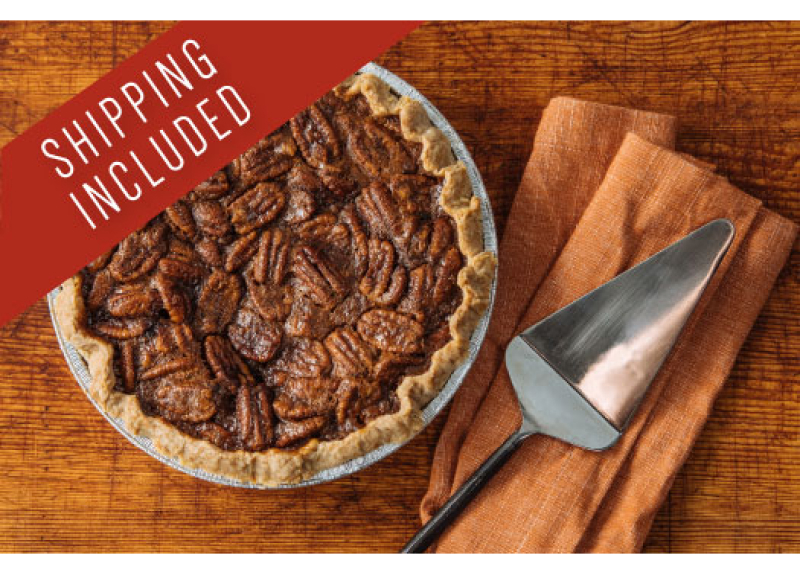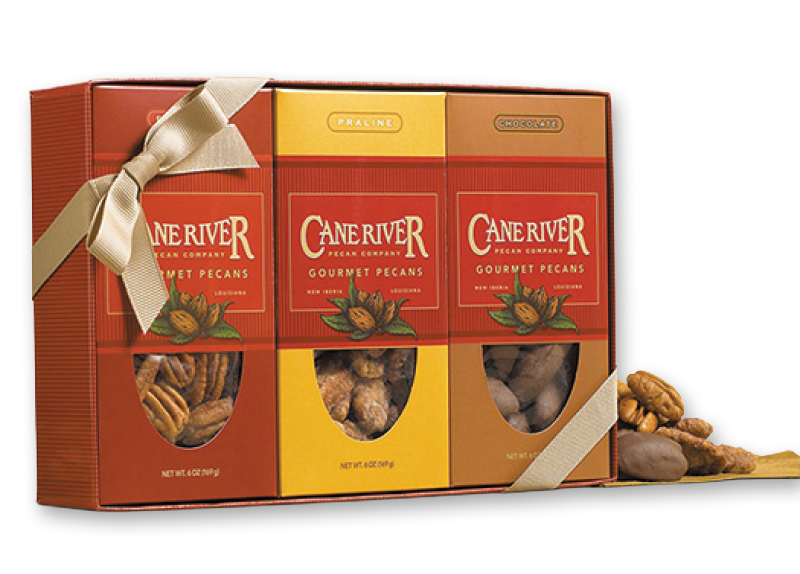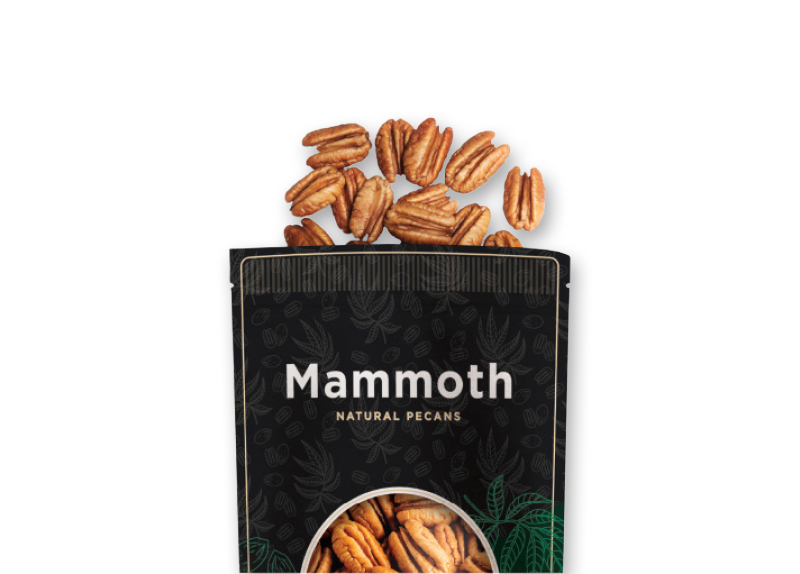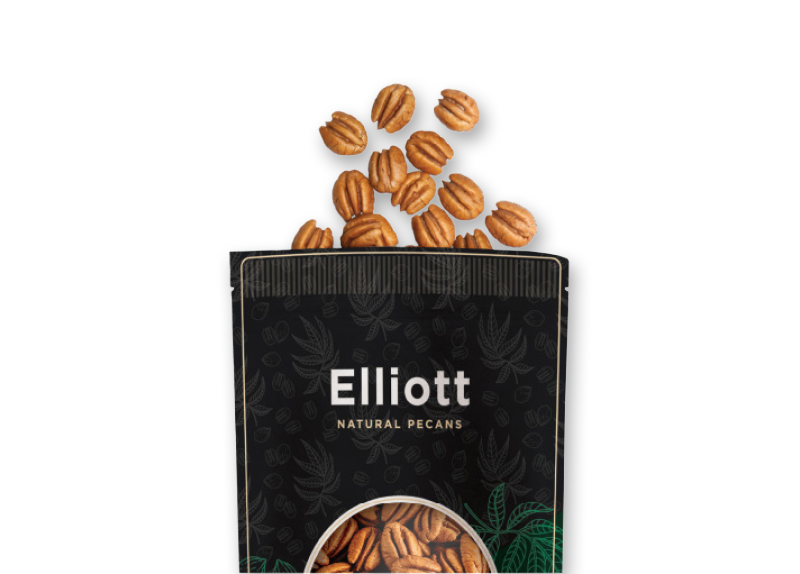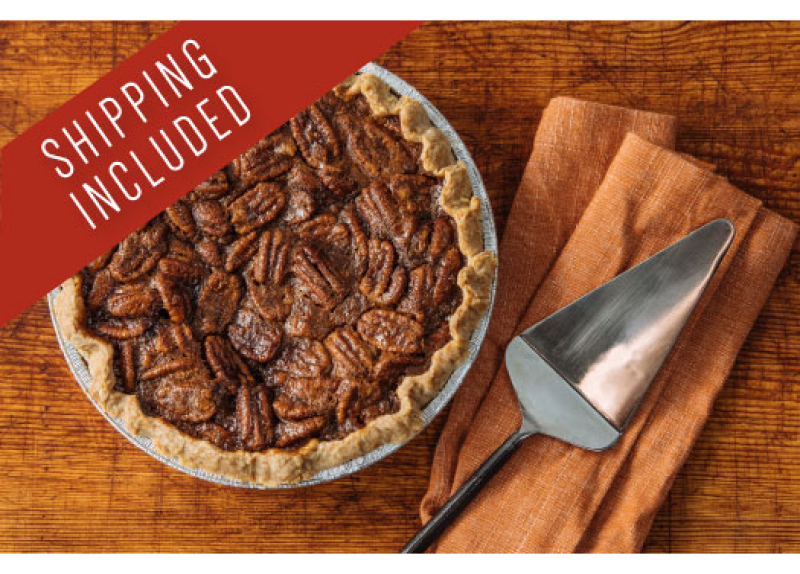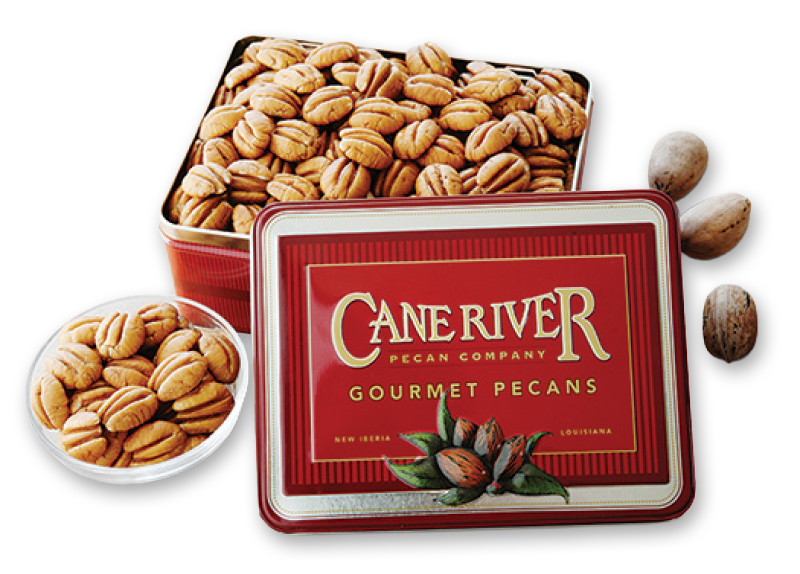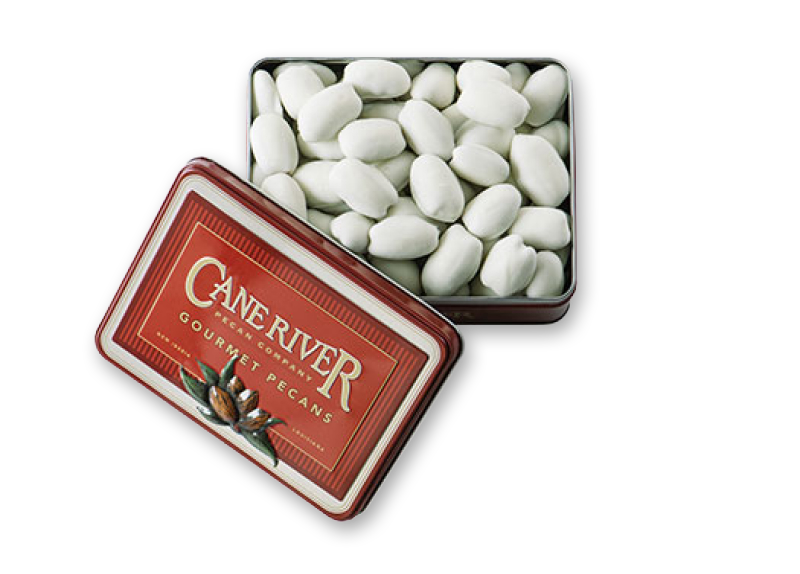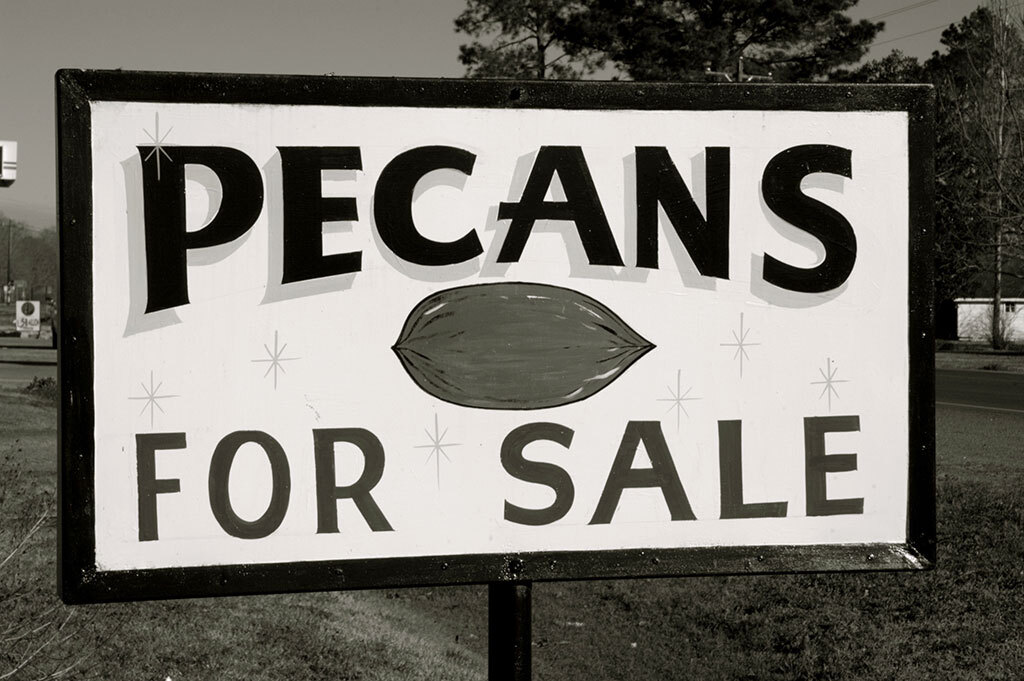
Louisiana's Meaningful Significance in the History of Pecans
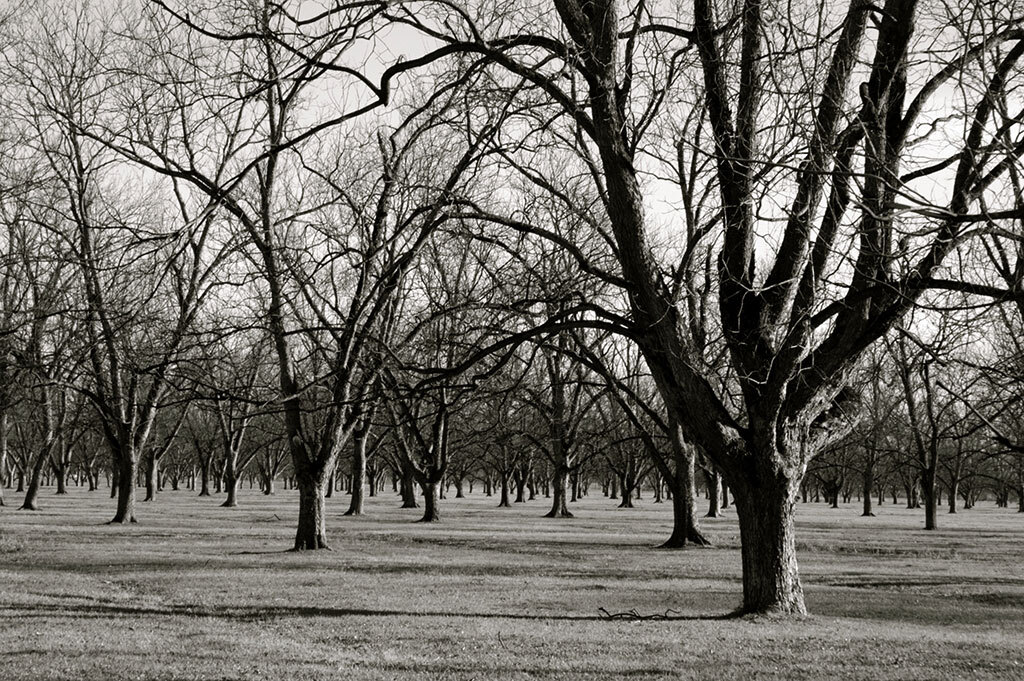
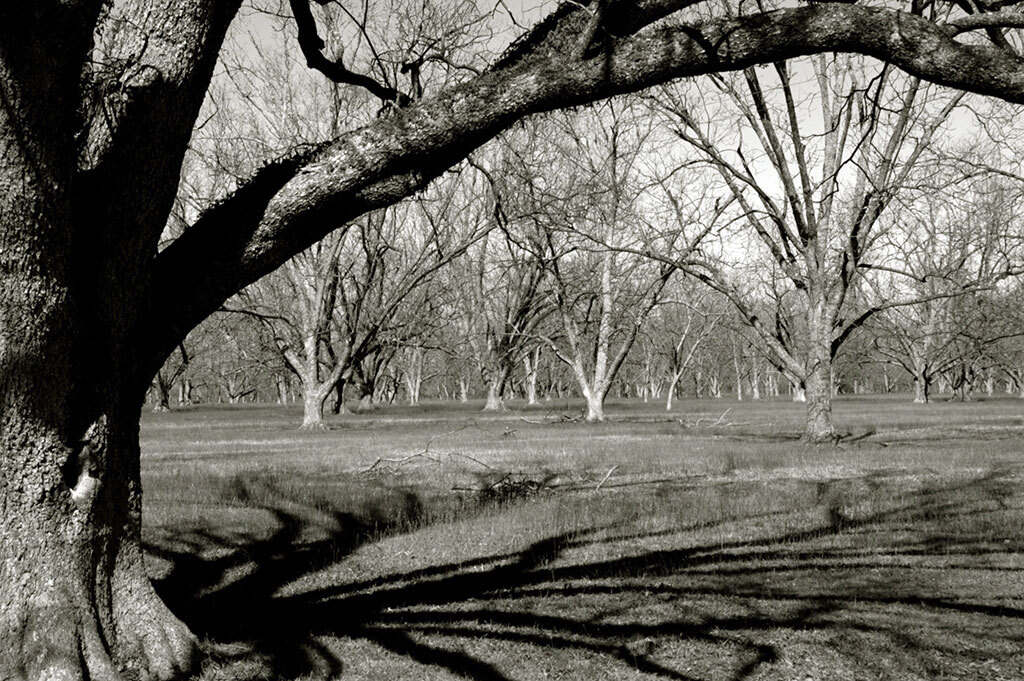
However, more than anything, it is Louisiana's Port of New Orleans that may have done more for the early promotion and consumption of pecans than anything else. The fact that pecans were a decidedly Southern crop and the strategic position of the Port of New Orleans helped the pecan become a viable export product. From the shores of Louisiana, through the waters of the Gulf of Mexico, pecans were shipped around the globe. The New Orleans Port became the international gateway for the pecan to travel to global destinations and earn its reputation as being America's favorite, most desired nut.
The success of the pecan trade through the Port of New Orleans led to more pecan orchards to be planted in Louisiana and other regions throughout the South. During the 1700 and 1800's the pecan became a key item of commerce for American colonists. Pecan orchards consisting of diverse nuts with various sizes, shapes, shell characteristics, flavor, fruiting ages and ripening dates made the nut even more desirable to the growers and consumers alike.
Louisiana is known, throughout the world, as having one of the most celebrated food cultures on the planet. We are known for our love of life and our wide variety of Cajun and Creole foods. It should be no surprise that pecans show up in many of our favorite southern recipes and have made their way into our southern lifestyle. Pecan pies, pecan pralines or pecans, naturally, right out of the shell bless our tables each and every fall. The pecan has become part of our southern tradition.
While Louisiana cannot boast of the largest or most prolific amount of pecans being harvested in any one state these days, it will be forever noted that Louisiana did more to shape an industry that eventually led to the global popularity of our true American nut - the pecan.


